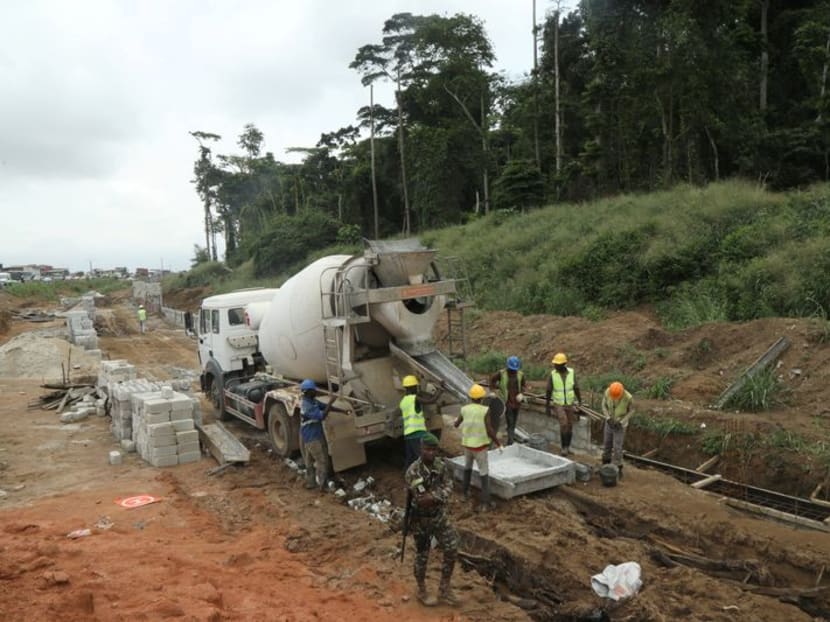There is a growing need to re-evaluate resilience assessment methods across Africa in order to prop up the continent against shocks from climate change, conflict and economic upheaval, development experts and scholars from the region are saying.
A meeting of experts recently convened by the United Nations Development Programme (UNDP) and the United Nations Research Institute for Social Development (UNRISD) discussed ways to foster Africa’s resilience as shocks continue to ravage economies and impede development.
Mahaman Ali Adam, Niger’s technical adviser at the Ministry of Humanitarian Action and Disaster Management noted that African countries, especially in the Sahel, continue to face shock after shock, ranging from conflict to droughts and floods, that are both unpredictable and unavoidable.
“Resilience is extremely important in Africa, especially because most of our development gaps are in very sensitive areas like agriculture, energy, water, and transport ecosystems,” said Dr Linus Mofor from the Africa Climate Policy Centre.
Allessandra Casazza, UNDP’s Resilience Hub for Africa manager, told The EastAfrican that the convention was meant to help the hub find out “what resilience is like in the continent and how we can do better.”
“We realised that UNDP alone could not find the answer to this question; we needed to pose it to all our partners, and convening this high-level dialogue is going to help us better understand the resilience ecosystem in the continent,” Ms Casazza said.
The regional experts, leaders, academics and field officials from different UN agencies, civil society organisations and governments discussed what can be learnt from past shocks and brainstormed ways to kick-start Africa’s resilience to climate change, conflict and economic shocks, among other issues affecting the continent.
The delegates agreed on the need to increase research, enact informed and well-coordinated policy change and mobilise funds to be channelled directly to improve resilience.
“If we’re looking to use our collective resources well, then research is an important cornerstone for being able to make decisions,” said Paul Ladd, director of UNRISD.


